A NEW report from Spain’s Prosecutor’s Office has laid bare some of the many mafia groups operating in the country today.
There are some real big hitters among the rogue’s gallery, who have chosen to base themselves in Spain and make it the global epicentre for transnational organised crime.
Some of the world’s most dangerous mafias have targeted Andalucia, turning Malaga and especially Marbella into a hub for sophisticated criminals.
The revelations come from the recently released 2024 Annual Report of the Fiscal General del Estado (FGE), which details how the gangs are evolving, where they operate, and how the violence is intensifying.
So want to know who’s who in Spain’s criminal landscape? Right this way…
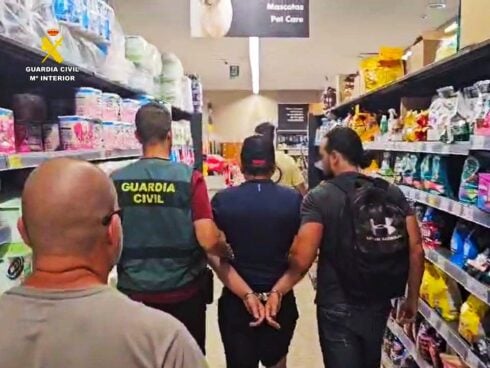
Mocro Maffia
Originally from the Netherlands but of Moroccan origin, the Mocro Maffia has extended its bloody turf wars into southern Spain.
They have strengthened their grip on Marbella, and are blamed for the 2023 assassination of a Dutch-Moroccan man in Chiclana, Cadiz – a protected witness who had testified against one of the gang’s bosses in the Netherlands.
A Dutch mafia boss linked to the Mocro Maffia was arrested in Marbella for laundering at least €6 million for drug cartels in January last year.
READ MORE: Watch: Dangerous wanted Serbian is arrested while shopping in expat hotspot on Spain’s Costa Blanca
Albanian mafia
Albanian gangs have rapidly carved out a place as one of Spain’s most powerful narco organisations.
They dominate indoor marijuana cultivation in Granada, edging out traditional local clans, and run sophisticated container smuggling operations through Valencia.
In Malaga, they have even been documented working side by side with Chinese gangs in major cocaine and laundering operations.
A major bust on the Costa del Sol last year saw 30 people arrested – including an Albanian kingpin – in an operation that intercepted 3.2 tonnes of cocaine smuggled from Ecuador to the Costa del Sol.
In July this year, Albanian mafia boss Juxhin Drazhi, one of Europe’s most wanted narco kingpins, was arrested while trying to flee his luxury villa in Almuñecar, Granada.
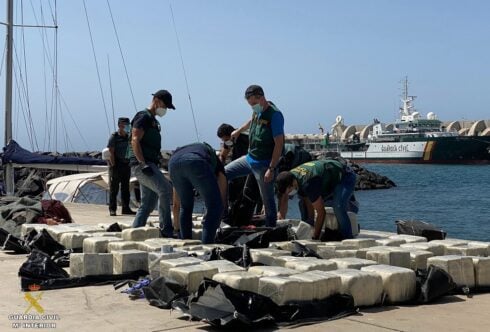
Chinese networks
Chinese groups appear in both drug trafficking and financial crime.
They team up with Albanians in Malaga and Marbella while also running large counterfeiting schemes, making them key players in both the smuggling and laundering sides of the business.
Serbian traffickers
Serbian groups, often working with Spanish gangsters, have based themselves out of Barcelona.
They specialise in importing cocaine from South America and financing operations through marijuana cultivation.
One Serbian ringleader was jailed in June 2024 after prosecutors revealed he had coordinated shipments using the encrypted SKY-ECC network.
Another Serbian drug trafficker on the run since 2016 was arrested in Lloret de Mar, up the coast from Barcelona, in July this year after a fake Slovakian passport exposed his identity during a routine police check.
READ MORE: Police seize 1.3 tonnes of cocaine on Malaga-bound ship as stowaway narcos attempted to offload it

Dutch and Lithuanian gangs
In Granada, Dutch and Lithuanian groups have moved in on the cannabis trade, replacing family growers and defending plantations with firearms.
While keeping a lower profile and generally remaining out of the news, Dutch networks are also active in importing MDMA and amphetamines from the Netherlands, feeding Spain’s synthetic drug market.
The Costa del Sol: a criminal hub
Prosecutors singled out Malaga and Marbella as a main focus for international mafias.
Here, drug trafficking is intertwined with complex financial operations, with luxury villas and shell companies used to wash millions in narco profits.
The corruption has even reached the port of Malaga itself, where employees of a private scanning firm are under investigation for helping smugglers slip containers through undetected.
The report warns that violence is escalating.

In Huelva and Cadiz, narcolanchas are now escorted by hooded men wielding Kalashnikovs.
Shootings against police have already been recorded, while in Jerez automatic weapons are turning up in almost every major bust.
Prosecutors say some gangs even flaunt assault rifles on social media, turning drug shipment unloadings into paramilitary spectacles.
READ MORE: WATCH: Police hunt down last narco from speed boat that killed two cops in southern Spain
Where are the British and Irish?
Despite its detailed account of foreign mafias, the report does not namecheck British or Irish gangs operating in Spain.
But their footprint still emerges in the figures. The UK filed 30 extradition requests to Spain in 2024 – the third-highest of any country after only Peru and Russia.
Ireland, meanwhile, lodged 45 judicial requests for Spain’s prosecutors to gather evidence or carry out procedural steps in Irish criminal cases.
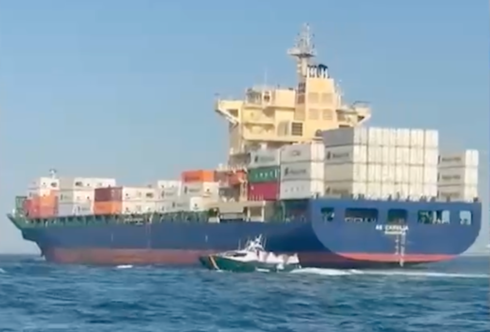
There are a few other well-known bad guy names are absent from the Prosecutor’s Office’s report.
There’s no mention of the Turkish mafia, despite being responsible for a string of shootings and murders this summer.
The once-mighty Swedish mafia doesn’t feature, and appears to have been fully dismantled, judging by an ongoing trial in Madrid at the minute. And the Russian mafia gets no mention whatsoever.
Click here to read more Crime & Law News from The Olive Press.


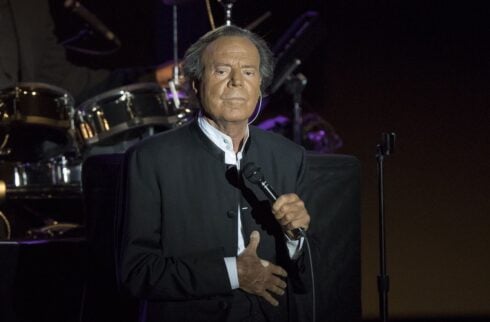

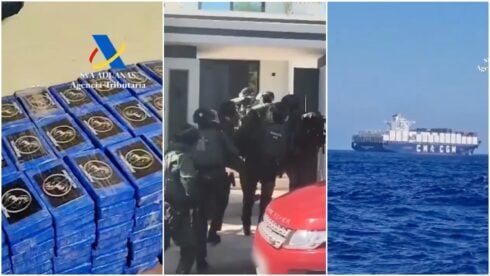


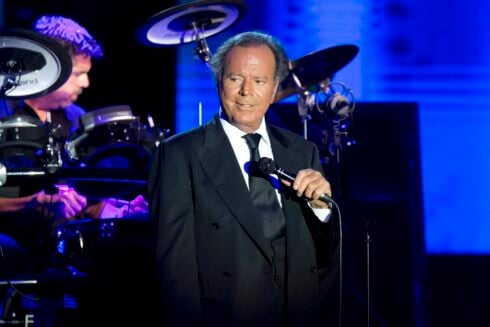

Test
I’m curious, with all the mafia action going on is it safe for tourists to visit or is this narco on narco violence.
I live in Mojacar, Vista de los Angeles Rumina. It seems like a different world from where I live. We seem to miss most of any aggravation here and I feel very lucky.
Sandra Morris
OK, I might add, we are also left out of any improvements and are obviously the ‘back.of beyond’
Sandra
Think yourself lucky ?xx ?
Having just been robbed asleep on the beach I have only the highest praise the the local Guardia who found my bag (no cash) but 2 phones a Cartier watch bank cards etc car keys house keys – abandoned on the paseo – never knock the Guardia they’re wonderful
Surely it can’t be the sun and sangria that makes Spain so attractive to so many criminal sects? So is it that they feel safer operating here than in other countries, and if that is the case, why?
Here comes the German way of gang crime: The good old original Italian Maffia uses Germany as recreation room and for money laudering. The Dutch Mocro Maffia blows up teller machines in small German bank branches, while the Lebanon Maffia at Berlin is robbing famous museums, and then melting world heritage jewelry into gold bars.
And there is no Italian mafia in Spain (Malaga/Marbella)?